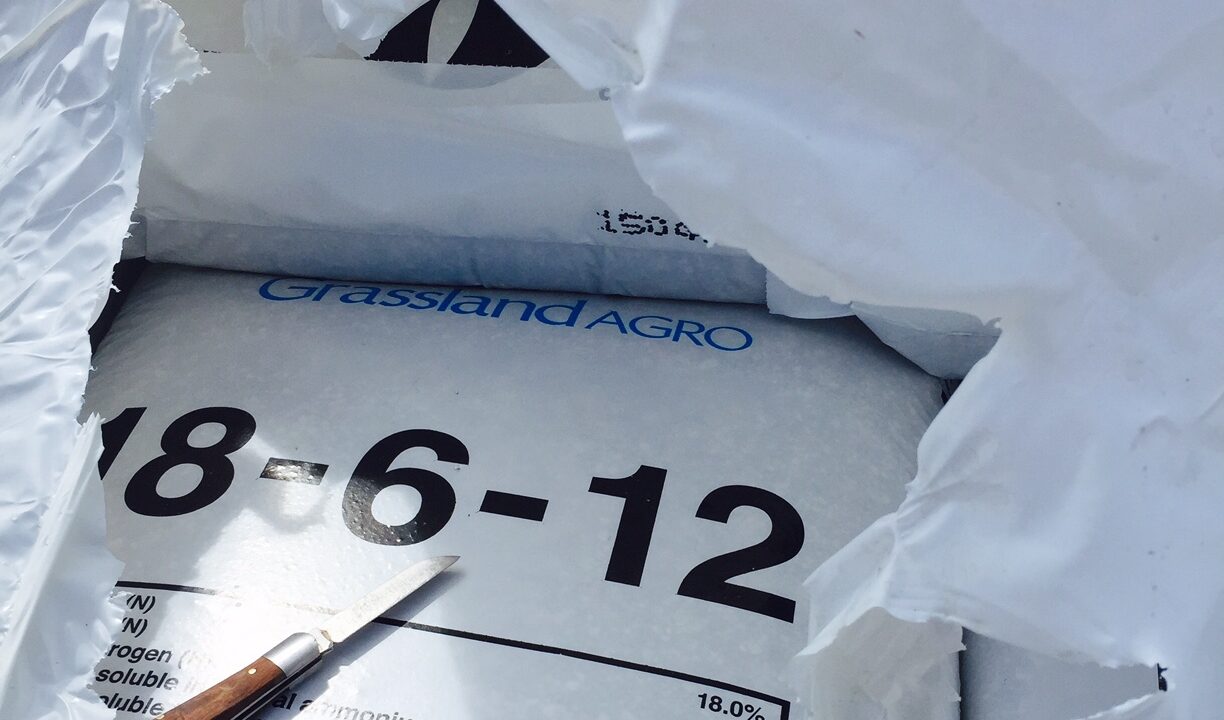EU leaders have met over the past two days to discuss the Russian invasion of Ukraine and how to reduce the EU’s dependency on Russian energy.
The Versailles Declaration has been agreed following an informal meeting of heads of government across the EU.
The declaration states: “Confronted with growing instability, strategic competition and security threats, we decided to take more responsibility for our security and take further decisive steps towards building our European sovereignty, reducing our dependencies and designing a new growth and investment model for 2030.”
Reducing dependency on Russian energy
In terms of reducing the bloc’s dependency of energy sources from Russia, the Versailles Declaration states:
“Over the past few years, the European Union has set ambitious targets to reach the objective of climate neutrality by 2050. As the EU works towards achieving that goal, the current situation calls for a thorough reassessment of how we ensure the security of our energy supplies.”
In this respect, EU countries have agreed to phase out dependency on Russian gas, oil and coal imports as soon as possible.
This will be done in the following ways:
- Accelerating the reduction of our overall reliance on fossil fuels, taking into account national circumstances and member states’ choices of their energy mix;
- Diversifying our supplies and routes including through the use of liquefied natural gas (LNG) and the development of biogas;
- Further developing a hydrogen market for Europe;
- Speeding up the development of renewables and the production of their key components, as well as streamlining authorisation procedures to accelerate energy projects;
- Completing and improving the interconnection of European gas and electricity networks and fully synchronising power grids throughout the EU;
- Reinforcing EU contingency planning for security of supply;
- Improving energy efficiency and the management of energy consumption, and promoting a more circular approach to manufacturing and consumption patterns.
EU leaders have requested that the EU Commission come back with a plan before the end of May that would put the goals into effect.
Affordable energy before next winter
The commission has also been requested to put forward a plan to ensure security of supply and affordable energy prices during the next winter season, by the end of March.
President of the European Commission, Ursula von der Leyen said: “By mid-May, the commission will present options to optimise the electricity market design, so that it better supports the green transition.
“But consumers and businesses need relief now. And therefore, this week, the commission came forward with guidance on price regulation in these exceptional circumstances, and the possibility of a new Temporary Crisis Framework for state aid to support struggling businesses.
“This is complemented by the option given to member states to tax windfall profits from energy groups.
“By the end of this month, the commission will present options to limit the contagion effect of the rise of gas prices to electricity prices. We need to be ready for the next winter. So we will set up a taskforce that will design a refilling plan for the next winter and coordinate the operation,” she said.
